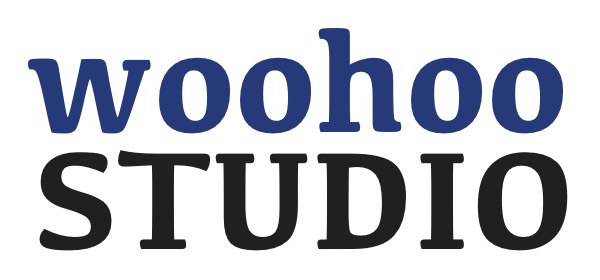What a technical writer actually writes about really depends on the products and services they are hired to describe, but usually the list includes more than just user manuals. Technical documents they must produce can include:
- User manuals for end-users
- User and maintenance manuals for technicians
- Manufacturing documents – Standard Operating Procedures, safety data sheets, quality standards and procedures
- Scientific documents – research papers, grant proposals and lab reports
- Software documents – API specifications, software specifications, cybersecurity specifications, release notes

When I first started as a technical writer, I did not know what it was. I was hired to write because I am also a translator, and the company’s recruiters assumed (rightly) that I could write coherent, grammatically-correct documents. But people can be hired from different backgrounds: Quality assurance folks, programmers, scientists, clerks, journalists, or even students straight out of college. Depending on the industry and subject matter, companies who hire writers may have more specialized requirements:
- Software companies – may require fluency in certain programming languages, development lifecycles, UX/UI competencies
- Manufacturing – quality control and safety methods, regulatory compliance requirements
- Sciences – expertise and knowledge in their particular area, research methodologies, ethical and legal standards
More importantly, a good technical writer has certain soft skills that sometimes cannot be learned in school or over a few months of training.
On a day-to-day basis a technical writer needs to:
- Talk to Subject Matter Experts (SMEs) to get current, accurate and detailed information – this requires being able to listen carefully, empathy, and curiosity for asking the right questions.
- Collaborate with different departments – besides empathy, it takes teamwork and dedication as a team to ensure the end product and its documentation are of the best quality.
- Write in language that is easy for the audience to understand – user manuals for non-technical readers needs to be in 8th grade English (for the U.S.), whereas technical manuals need to be coherent for the technicians who are analyzing or installing equipment. For this, empathy and common sense is important.
- Grammatically correct documentation – yes, you could use Grammarly or other services, but those tools are not 100% accurate, and they might not understand the context. There is no substitute for really understanding your subject as a writer.
- Use documentation tools effectively – As a technical writer, you can’t be a technophobe. Instead you need to embrace new technology and tools that can facilitate the documentation process, such as reusing information for many documents, getting peer/SME reviews and approvals, and other efficiencies. An open mind and curiosity to try new tools and methods always helps a writer and the rest of the team to make great documents.
- Work on your own – Once you have all the information you’ve gathered from SME’s and your teams, you must be self-motivated to produce high quality work, as well as organized and emotionally able to handle tight deadlines.
Technical writing is a fascinating career, if you like to learn new things and write. It can also be a great career for an introvert who likes to work in small teams, because once you get information from SME’s and understand the product/service, you spend a lot of time writing on your own. If you have the soft skills listed here, you can be successful.
